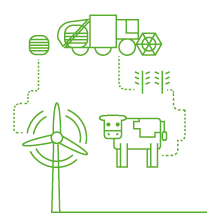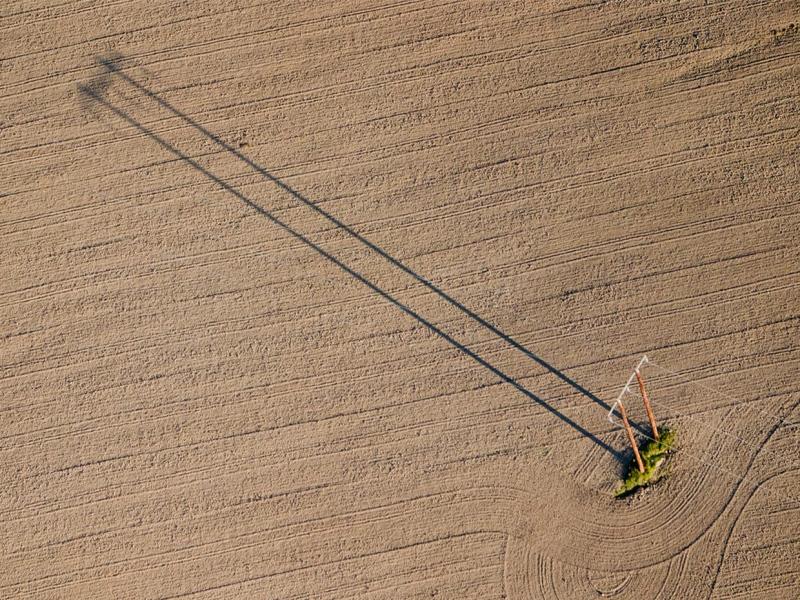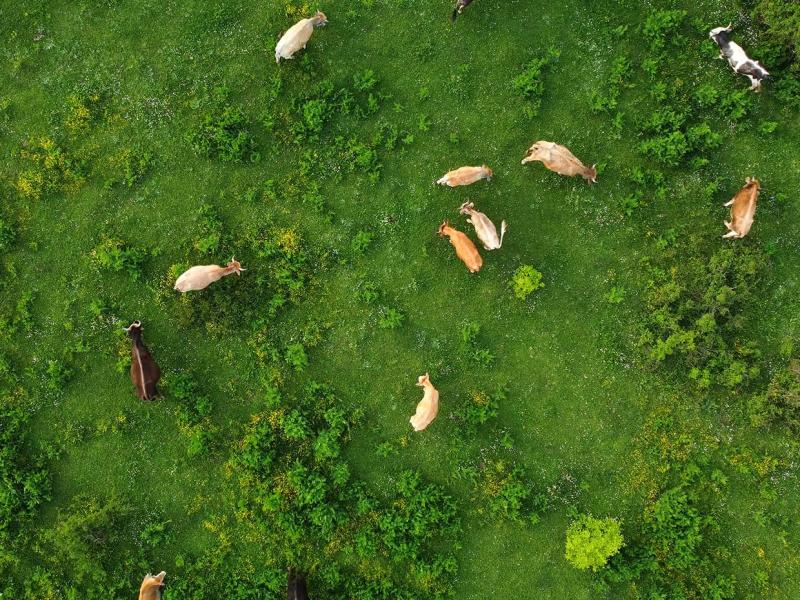The coronavirus (COVID-19) represents significant short-term risks to international demand for Australian meat and fisheries products and is expected to cause medium level disruption over the longer term.
Quarantine and isolation restrictions in China have reduced the demand for agriculture, dairy and fisheries, as Chinese consumers have avoided going out to restaurants, and are choosing non-perishable goods. In the long-term, ABARES assumes that the effects of the outbreak will be temporary and have limited impact into 2021, although the duration of the coronavirus outbreak will determine the extent of the impact. 
Because of the size and the integration of China’s economy into supply chains and international markets, the impact of the slowdown is expected to be more significant to the Australian agribusiness sector, than the SARS outbreak in 2002. According to the Australian Federated Farmers Association (AFFA), 75 per cent of Australian agricultural resources are exported. Almost one third of those exports go to key markets in Asia, which includes Korea, Japan and China. Combined exports to those three countries alone are valued at approximately $17 bn per annum.
A significant proportion of the agricultural sector including horticulture, pork and grain sectors use seasonal workers or backpackers to harvest crops according to AFFA. As a result, there are risks to the sector’s ability to gain seasonal or casual workers, should travel restrictions increase or remain for a long period of time.
Furthermore, many key inputs required to bring together the major crop production and protection systems are sourced from China. For example, packaging materials are also sourced from China and are key to ensuring produce can travel from paddock to plate efficiently. Manufacturing delays from China could lead to Australian producers having to seek alternative sources for some farm inputs. 
In the long-term, further into 2020 and into 2021, the agribusiness sector is expected to fully recover and regain momentum. The growing meat demand in China is expected to continue to grow, as well as increased demand for other Australian agriculture products, due to economic drivers such as urbanisation and westernisation of diets according to ABARES.
Key agriculture export partners such as the United States, Japan, the Republic of Korea, United Kingdom and the Eurozone, are all expected to have moderate decelerations in GDP growth over the next six months. This will not only reduce consumption from the primary Chinese market, but from other large consumers of agriculture exports. These key trading partners are all expected to recover into positive growth over the long term.
Beyond meat and fisheries products, coronavirus is expected to impact on the beer and wine markets. China is the worlds largest producer and consumer of beer, and a significant consumer of Australia’s malting barley. In 2017, Australian malting barley exports to China were around $1.5 bn. Over the short-term, it is expected that a slowdown in China will lead to a decrease in demand for Australian malting barley. However, this is expected to be short lived and over the medium to long-term demand is expected to recover.
In the wine market, Chinese consumers are currently avoiding public outings, particularly in bars and restaurants, which are major consumers of premium Australian wines. Additionally, in the first two quarters of 2020, demand is expected to fall as Chinese consumers become more health focused at the outbreak of the coronavirus, according to ABARES forecasts. The mid to lower ends of the wine market are also expected to face lower demands as households tighten up their budgets in anticipation of budget uncertainty. Australian wine exports to China reached a record $1.25 bn in 2019.
Despite considerable uncertainty with the coronavirus, ABARES still forecasts wine demand will recover by mid 2020 and into 2021. The US markets are also expected to increase in demand as exporters benefit from further depreciation of the Australian dollar.
For more information
If you require further information regarding the impact on agribusiness, contact your local RSM agribusiness expert today.




